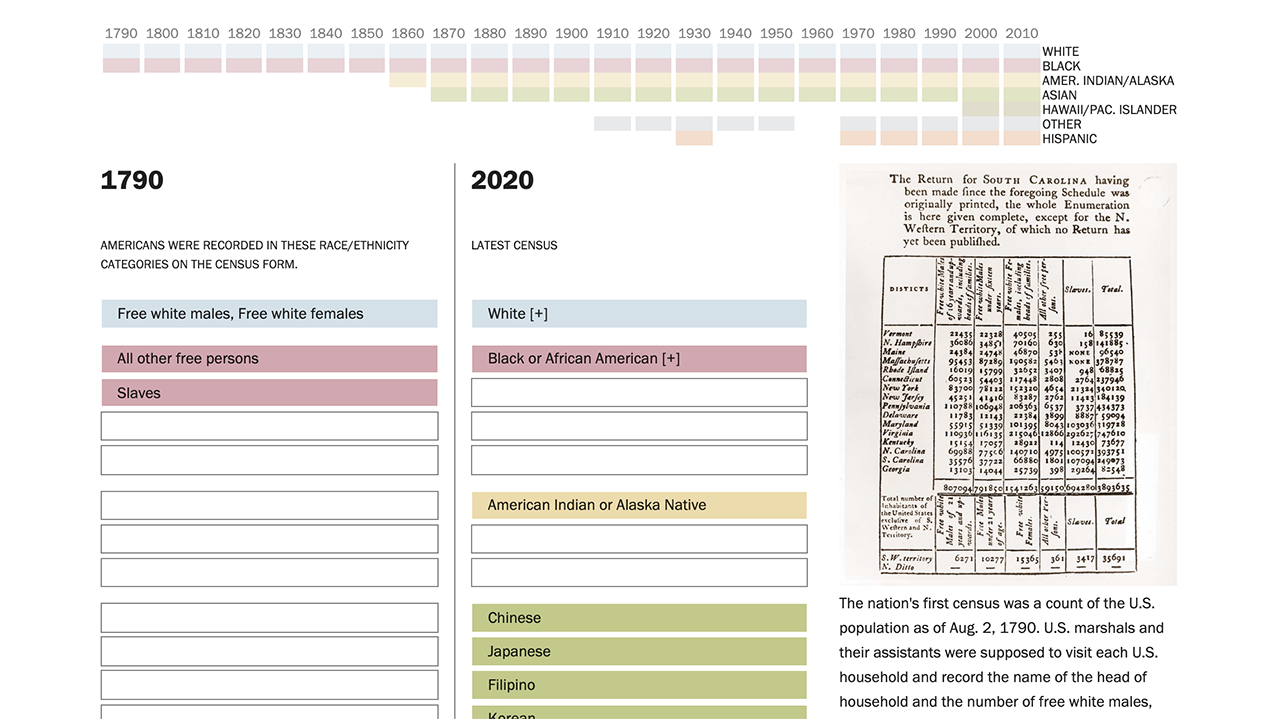City of Alexandria unveils marker to Louisiana’s first African-American governorPosted in Articles, History, Louisiana, Media Archive, United States, Videos on 2020-02-27 03:09Z by Steven |
City of Alexandria unveils marker to Louisiana’s first African-American governor
KALB-TV News Channel 5
Alexandria, Louisiana
2020-02-25
ALEXANDRIA, La. (City of Alexandria) – Alexandria Mayor Jeffrey W. Hall joined local historic preservation supporters Tuesday afternoon in the Alexander Fulton Mini Park downtown to unveil a historical marker in honor of P.B.S. Pinchback, Louisiana’s first African-American governor.
“It is fitting that we honor P.B.S. Pinchback, the first African-American Governor of Louisiana, during Black History Month,” Hall said. “Gov. Pinchback was a significant force in Louisiana politics during Reconstruction following the Civil War. And he traveled to Alexandria for meetings during his brief time as governor.”
 Alexandria Mayor Jeffrey W. Hall (left) and local historian Michael Wynne unveil a historical marker in honor of P.B.S. Pinchback, Louisiana’s first African-American governor Tuesday afternoon. The marker, located in the Alexander Fulton Mini Park in downtown Alexandria, is the first one erected as part of the City of Alexandria’s new historical marker program designed to recognize historical events and people associated with Alexandria. |
Pinckney Benton Stewart Pinchback was born in 1837 in Georgia to a white father, who was a planter, and a black mother who was a former slave. While he could have tried to pass for white, Pinchback embraced his African-American roots. During the Civil War and after the fall of New Orleans, Pinchback recruited the first set of African-American volunteer soldiers for the Union Army in Louisiana known as the 1st Louisiana Native Guards, and he served as its first Captain…
Read the entire story here.


